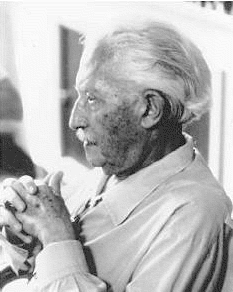A Quote by Andre Gide
Enduring fame is promised only to those writers who can offer to successive generations a substance constantly renewed; for every generation arrives upon the scene with its own particular hunger.
Related Quotes
Every writer owes something to a particular tradition he/she grew up in. But no serious writer - other than the militantly nationalist ones - would reduce his/her domain of influence to a single tradition. Furthermore, historical breaks are so common and large in Europe that there are ruptures in every tradition which then connect the same generations across national borders. Younger Eastern European writers, for instance, have more in common with other writers of the same age in Europe, than with the previous, communist-era generations in their own countries.
These same experiences make of the sequence of life cycles a generational cycle, irrevocably binding each generation to those that gave it life and to those for whose life it is responsible. Thus, reconciling lifelong generativity and stagnation involves the elder in a review of his or her own years of active responsibility for nurturing the next generations, and also in an integration of earlier-life experiences of caring and of self-concern in relation to previous generations.
When Christ said: I was hungry and you fed me, he didn't mean only the hunger for bread and for food; he also meant the hunger to be loved. Jesus himself experienced this loneliness. He came amongst his own and his own received him not, and it hurt him then and it has kept on hurting him. The same hunger, the same loneliness, the same having no one to be accepted by and to be loved and wanted by. Every human being in that case resembles Christ in his loneliness; and that is the hardest part, that's real hunger.






































